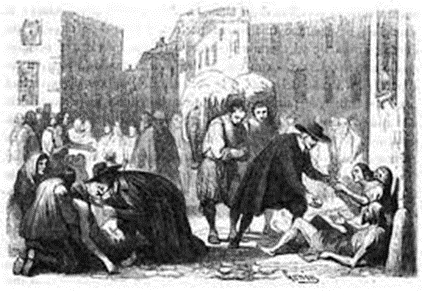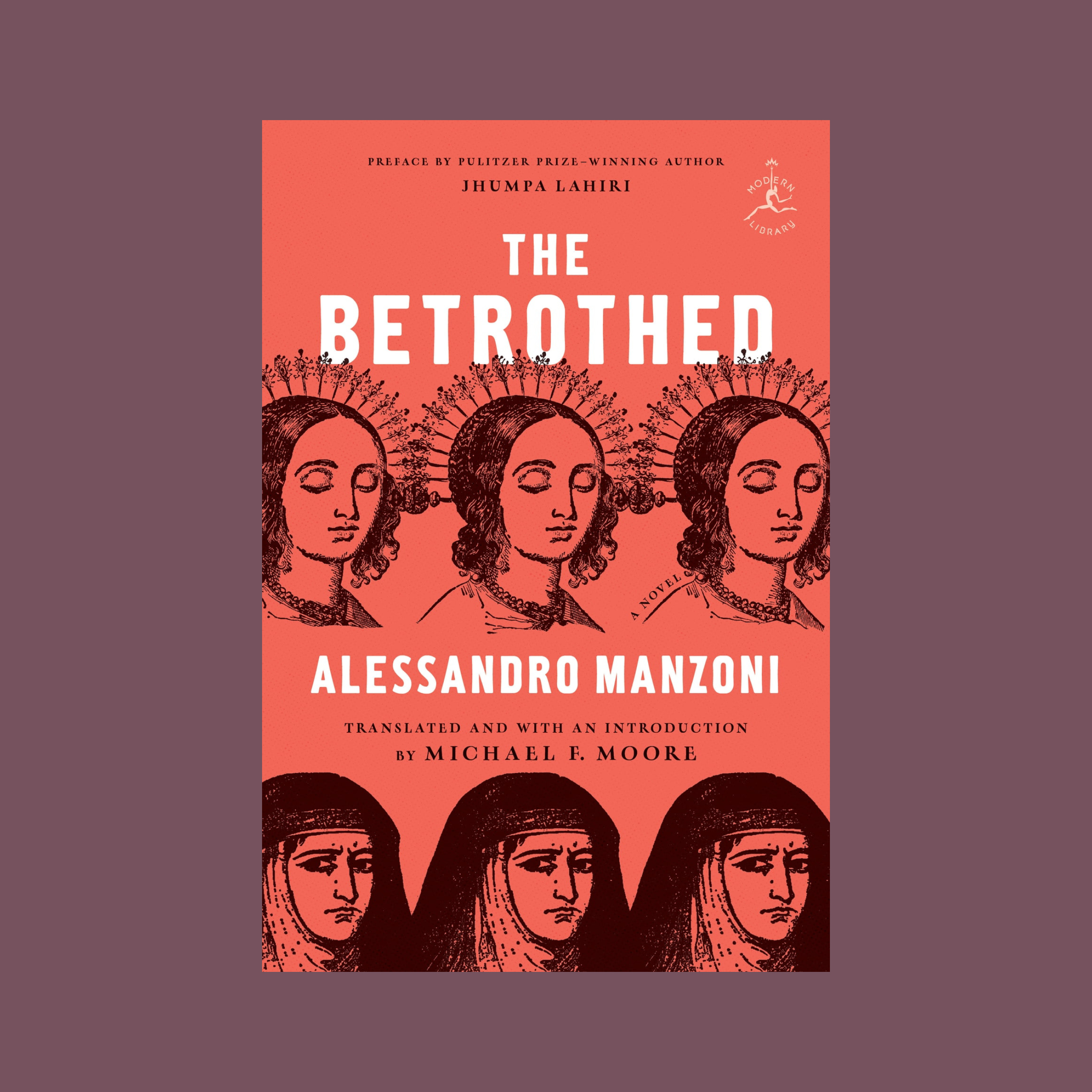APS TOGETHER
Day 35
The Betrothed by Alessandro ManzoniChapter 28 (through p.467: “their hands from hunger.”)
March 27, 2023 by Michael F. Moore
Manzoni turns now to what he calls “a rough account of public events,” which will take us through the next few chapters. While our fictional characters may briefly disappear, he relates the historical circumstances shaping their lives in an equally compelling manner.
The masses and the government work in tandem, though in opposition, to continue an untenable situation:
“The masses had wanted to bring back the days of plenty through looting and arson. The government wanted to maintain them through the galleys and the strappado. These methods were complementary, but did they help achieve the goal?”
The “strappado” was a method of torture. The Italian word for galley, “galera,” can mean both jail and the galleys: during this period, convicts were still being sentenced to rowing on galleys.
The laws become more perverse:
“As the consequences of the decrees began to be felt, the authorities had to remedy each one, with a law that prohibited people from doing exactly what the previous law had encouraged.”
Manzoni blames the “mob” for the extremes of the French Revolution, to which he would later dedicate an (unfinished) volume:
“Allow me to observe in passing a singular coincidence. In a country and period closer to our own, during the most clamorous and remarkable period in modern history, recourse was made in similar circumstances to similar expedients (substantially the same, you might say—varying only by degree—and in almost the same order), despite it being a different era, with a growth of learning in Europe, and especially in that country. This was mainly because the mob, which had not received the benefit of that learning, was able to impose its judgment for so long and forcer la main, force the hand—as they say in that country—of the lawmakers.”
Page 461. The pitiable horde, “la deplorabile turba.”

